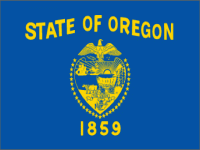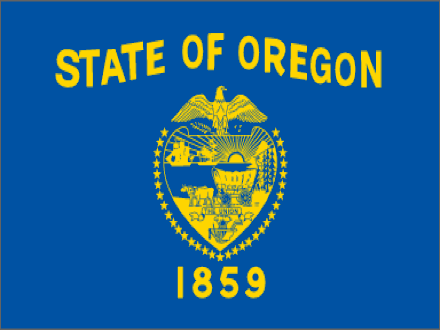 Proposals to build a casino in the heart of the Portland metropolis in Oregon is receiving strong opposition from a number of former state governors, all of whom appear to be in sync with the stance taken by current governor, John Kitzhaber.
Proposals to build a casino in the heart of the Portland metropolis in Oregon is receiving strong opposition from a number of former state governors, all of whom appear to be in sync with the stance taken by current governor, John Kitzhaber.
Democrats Barbara Roberts and Ted Kulongoski and Republican Vic Atiyeh all voiced their support in their opposition of Measures 82, and 83, echoing Governor Kitzhaber’s calls to prevent developers from building a casino in Portland’s eastern suburbs. According to Kitzhaber, a new non-tribal casino in the city would not only increase crime in the area, but it could potentially serve as an impediment to the Indian tribes who already operate nine casinos in the state.
Proponents of the proposed new casino argue that the establishment will be primarily a family-friendly destination. The primary investor behind the project is Clairvest Group Inc., a private equity firm based in Toronto, and, together with Great Canadian Gaming Inc., has proposed to build the whole complex – it’s being called “The Grange” – that includes a 130,000 square feet casino with 2,200 slot machines and 100 table games. On top of that, they also intend to build a 125-room hotel, a concert hall, a bowling alley, and a public space for events like weekend markets.
But even with such a proposal, public officials aren’t buying the candy, so to speak.
Barbara Roberts, who served as governor from 1991 to 1995, even said: “Don’t be fooled by the multimillion-dollar TV ads. This is not about water features or movie theaters or farmers markets or fine dining. This is about money, big money — gambling money, and gaming profits.”
As per the two measures in contention, the first one, Measure 82, would effectively change the state constitution to allow gambling in Oregon, albeit some restrictions. On a more specific level, Measure 83 would specifically authorize the building of the casino in Wood Village with an allotment of up to 3,500 slot machines and 150 tables, and a required 25 percent share of revenue allocated to the state lottery fund.
With casinos currently illegal in Oregon – the exception being Indian reservations, where Indian tribe casinos operate on their land under federal law – this battle over these two measures will only get bigger and more contentious as the days go by.






